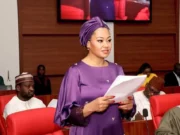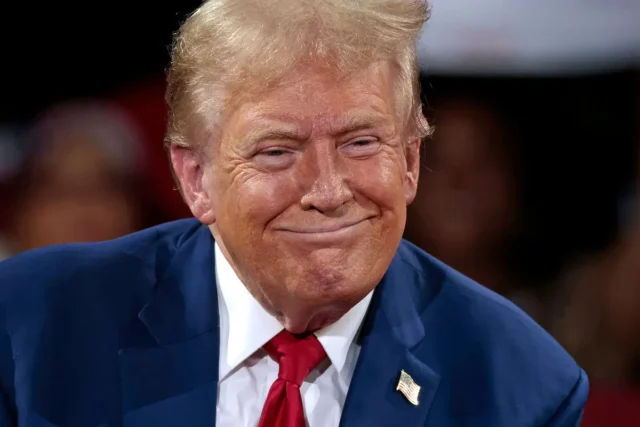Donald Trump, once a divisive figure during his first term as president and a pariah upon leaving office, has emerged as a central figure of attention and influence among America’s elite. As the 78-year-old Republican prepares to return to the White House in January, a remarkable shift has unfolded. Former critics, tech tycoons, politicians, world leaders, and media figures are now vying for his favor.
At his Mar-a-Lago resort in Florida, Trump reflected on his transformation from outsider to sought-after leader, quipping, “In the first term, everyone was fighting me. In this term, everybody wants to be my friend.” While he joked about a potential change in his personality, political analysts suggest it is Trump’s enduring influence and the loyalty he demands that have reshaped his relationships.
The list of high-profile figures visiting Trump reads like a who’s who of global power. Meta CEO Mark Zuckerberg, who faced backlash for banning Trump after the January 6 Capitol attack, has reportedly sought to mend ties. Apple’s Tim Cook and Google’s Sundar Pichai have also made appearances, while Trump noted that Amazon’s Jeff Bezos—once a vocal critic—is expected soon. Reports indicate that major corporations, including Meta, Amazon, and OpenAI, have pledged $1 million each to Trump’s January 20 inauguration fund.
Even TikTok CEO Shou Zi Chew met with Trump, hoping to stave off a potential U.S. ban on the Chinese-owned social media platform. Such visits underline a broader shift as Trump, previously shunned for contesting the 2020 election results, returns with a strong mandate for his next four years in office.
Beyond tech, Trump’s resurgence has drawn political allies and adversaries alike. Last week, the New York Stock Exchange welcomed him to ring its opening bell, coinciding with Time Magazine naming him “Person of the Year” for the second time. In Congress, Republicans are rallying behind his cabinet picks, including controversial figures like Pete Hegseth for the Pentagon and vaccine skeptic Robert F. Kennedy Jr. for health secretary. Trump, never shy about enforcing loyalty, hinted that Republicans who defy him could face primary challenges.
World leaders, too, have been quick to engage with Trump. Right-wing ally Viktor Orban of Hungary and Canada’s Justin Trudeau, navigating tariff threats, are among those seeking dialogue. Even President Joe Biden, who once described Trump as a danger to democracy, appears to have softened his tone, aiming for a smooth transition.
Media figures, historically a target of Trump’s ire, are also rethinking their approach. MSNBC hosts Joe Scarborough and Mika Brzezinski, who were once staunch critics, visited Trump at Mar-a-Lago. Meanwhile, a New York Times opinion piece described the phenomenon as “The Great Capitulation,” capturing the widespread effort to align with Trump’s renewed influence.
However, Trump’s critics remain at risk of his formidable political clout. This week, he sued a pollster and a newspaper over unfavorable survey results published just before the election, despite his decisive victory in Iowa. Political science professor Wendy Schiller observed, “Trump has indicated that he will make full use of the power of the presidency to go after anyone who challenges him, and now he appears to have a deeper understanding of how to do that.”
As Trump prepares for his second term, the narrative of his political career takes another dramatic turn. From isolation to dominance, his journey reflects the evolving dynamics of power and influence in American politics.























